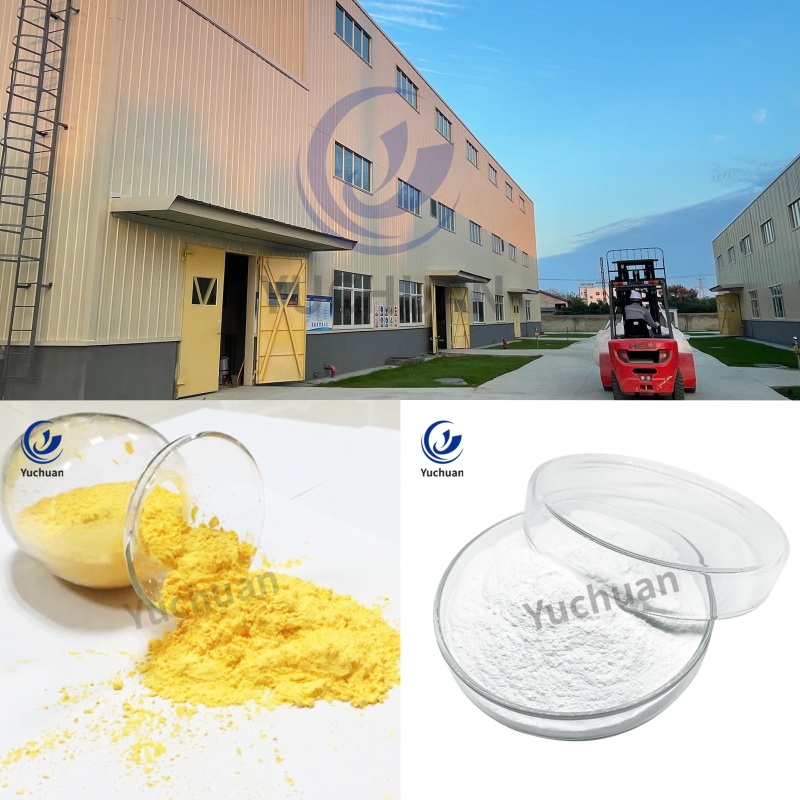-
Categories
-
Pharmaceutical Intermediates
-
Active Pharmaceutical Ingredients
-
Food Additives
- Industrial Coatings
- Agrochemicals
- Dyes and Pigments
- Surfactant
- Flavors and Fragrances
- Chemical Reagents
- Catalyst and Auxiliary
- Natural Products
- Inorganic Chemistry
-
Organic Chemistry
-
Biochemical Engineering
- Analytical Chemistry
-
Cosmetic Ingredient
- Water Treatment Chemical
-
Pharmaceutical Intermediates
Promotion
ECHEMI Mall
Wholesale
Weekly Price
Exhibition
News
-
Trade Service
On June 5, World Environment Day, Unilever, together with Envision Technology Group, China Energy Conservation Association, China Quality Certification Center, Shanghai Energy Efficiency Center and more than 20 global authorities and leading companies, jointly released the "Zero-Carbon Factory Evaluation Method".
"Group Standards" (hereinafter referred to as "Standards") has become the world's first complete and quantifiable "zero-carbon factory" construction standards and evaluation rules
.
"Zero-carbon factory" means that the factory has a comprehensive zero carbon emission performance through technical measures such as energy saving, emission reduction and carbon elimination in the production and manufacturing process
.
However, the construction of zero-carbon factories around the world is still in its infancy and lacks corresponding rules and standards
.
Therefore, the formulation and release of this standard will fill the gap in the zero-carbon factory standard and help the successful implementation of the "zero-carbon factory" from methodology to practice
.
The standard was formulated by more than 20 institutions and enterprises including Unilever and Envision Technology Group, combined with multi-party experience, after half a year of research, discussion, review and repeated iterations, following the principles of science, authority and strictness
.
It aims to provide methodological guidance for the construction of global "zero carbon factories", lead major enterprises to build "zero carbon factories", and contribute China's power to the global carbon neutrality goal
.
The standard has three highlights
.
First, the standard combines relevant domestic and foreign standards, representing the leading development level of international zero-carbon standards
.
Including "ISO 14064", "Greenhouse Gas Accounting System Enterprise Accounting and Reporting Standards", "GB/T 36132-2018 General Rules for Green Factory Evaluation, etc.
", etc.
Second, the standard adopts the most stringent evaluation and grading rules in the industry
.
The rating standard is subdivided into 4 grades, and has set the most stringent standard in the industry - a six-star "zero carbon factory", which strictly requires that the factory must achieve zero carbon without carbon offset under the premise that the evaluation score reaches 100 points.
, surpassing the five-star "carbon neutral factory" in terms of technical difficulty, and put forward a new goal for the factory to reduce emissions; third, the standard is used to indicate the direction, and the practice promotes the implementation of the standard
.
All companies participating in the standard formulation have pledged to start the construction of zero-carbon demonstration factories within this year to test the standards in practice and lead the industry's zero-carbon transformation
.
Chai Qimin, director of the Strategic Planning Department of the National Climate Strategy Center, said: "Under the dual-carbon goal, low-carbon and zero-carbonization of factories will inevitably become the main theme of factory development; leading companies need to take the lead in strengthening capabilities, improving standards, and demonstrating guidance to promote industry, The development of low-carbon and zero-carbon factories in the country and even internationally
.
"
Zhang Juntao, executive deputy secretary-general of the Carbon Neutralization Professional Committee of China Energy Conservation Association, said: "The formulation of this standard follows the principles of science, authority and strictness, and provides methodological guidance for the construction of global 'zero-carbon factories'.
A guidebook for leading companies to build 'zero-carbon factories' and contribute China's power to the global carbon neutrality goal
.
"
Qu Wei, President of Unilever China, said: "In recent years, Unilever has been striving to achieve zero-emission factories in China
.
As a leader in sustainable development, we are delighted to see more companies plan to join in the reduction of factory emissions.
I hope the introduction of this standard can help more companies to promote the zero-carbon process, and I look forward to working with more partners to achieve China's 'two-carbon' goal
.
"
Rebecca Marmot, Chief Sustainability Officer at Unilever, said: “Unilever is committed to being a global leader in sustainable business
.
In our commitment to improving the health of the planet, we plan to achieve zero emissions from our operations by 2030.
We
are delighted to be part of the development This comprehensive and systematic evaluation criteria
.
This is a key step in the recognition of companies operating on a zero-carbon basis, and will drive the entire industry towards a more sustainable future
.
"
This participation in the formulation and launch of the zero-carbon factory standard reflects Unilever's pursuit of zero-carbon production over the years
.
As a responsible company in the manufacturing value chain, Unilever has always taken sustainability as the core of its development and is committed to "making sustainable life within reach".
In the sustainable strategy "Unilever Compass", Unilever has formulated It has set a series of ambitious climate action goals, including achieving zero carbon in production by 2030
.
In the future, Unilever will continue to strive for a zero-carbon future, share practical experience and lead the sustainable transformation of the industry
.







